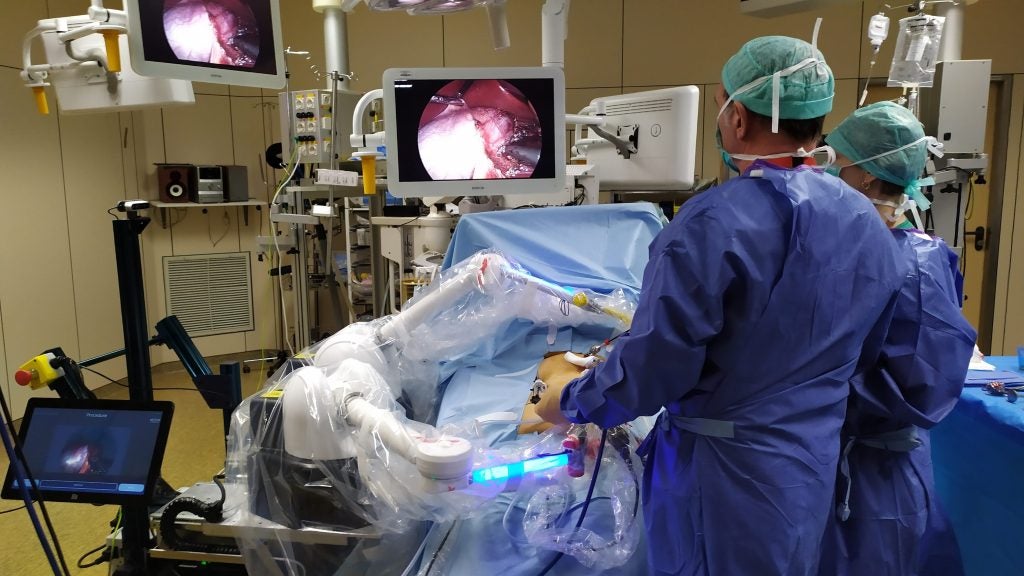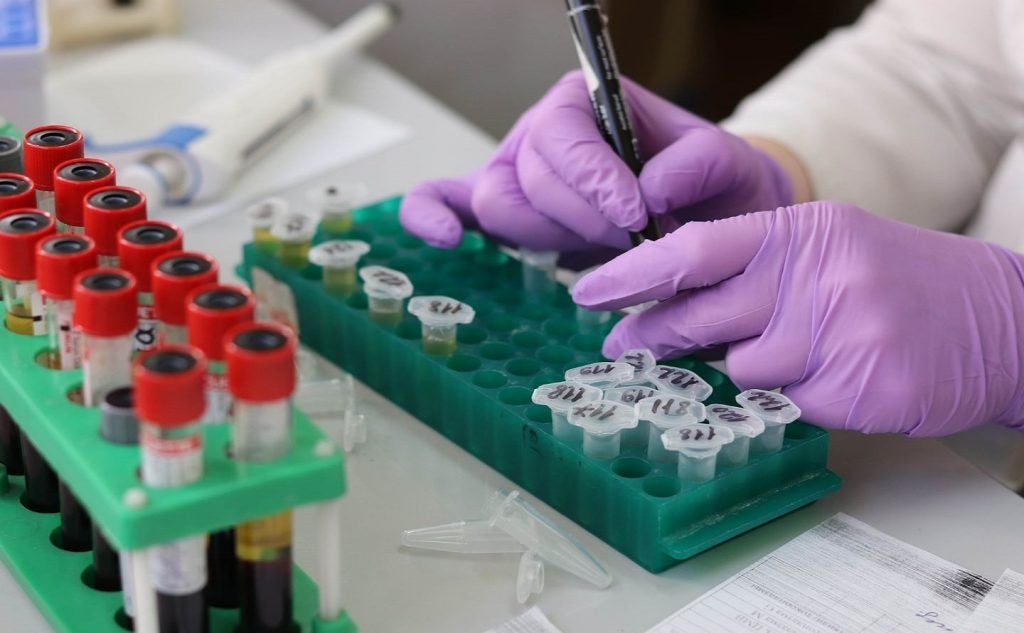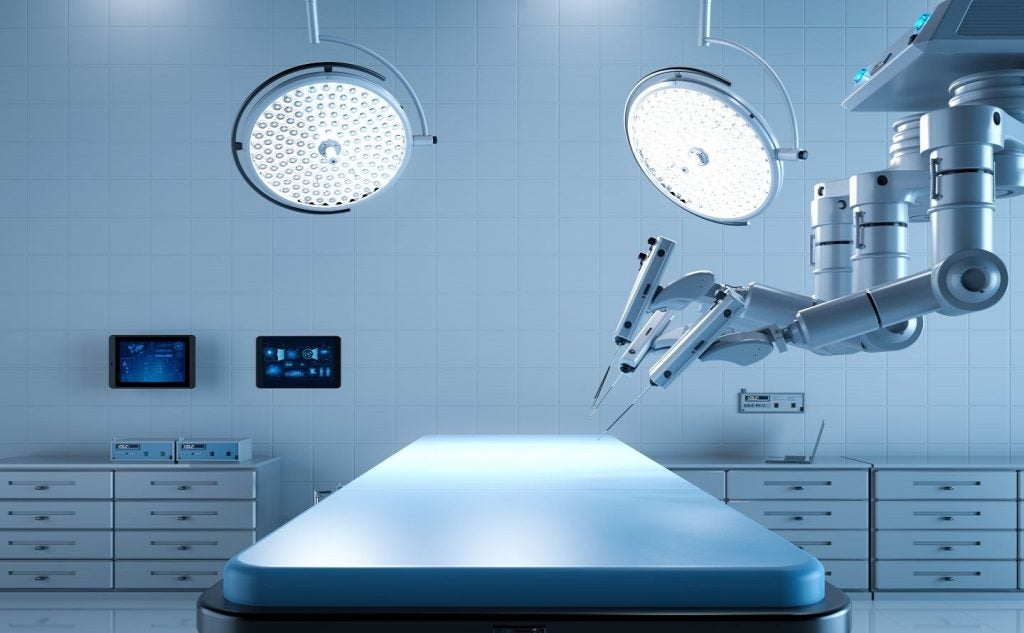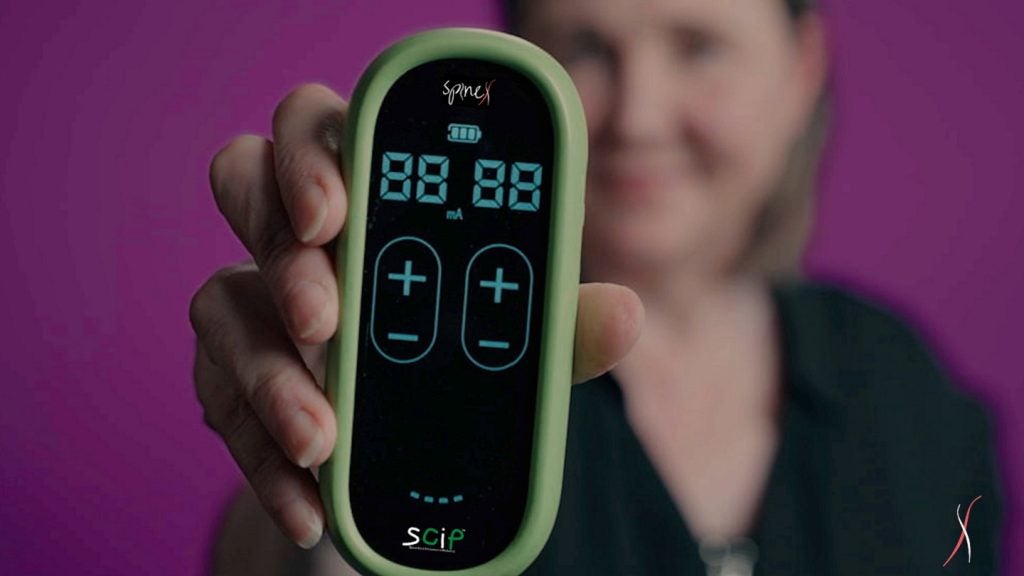Edwards Lifesciences, has been identified as the company subject to unannounced raids by the EU commission on September 19th, 2023.
The raid was conducted as part of an investigation into abuses and breaches of EU antitrust regulations, related to Article 102 of the Treaty on the Functioning of the European Union, which prohibits abuses of a dominant market position.
In a statement on the Edwards Lifesciences website the company said: “Edwards Lifesciences is cooperating with the European Commission regarding its inspection in relation to EU competition law. We have an unwavering commitment to healthy, fair competition; when innovative companies like ours compete, patients benefit. We remain confident in our business practices and will not be commenting further at this time.”
The original press release from the EU commission gave minor details of the operation and did not name the target of the investigation. The statement only alluded to the company being a specialist in medical devices for cardiovascular applications.
If found guilty of violating EU antitrust rules Edwards Lifesciences could be fined as much as 10% of its global turnover.
Reuters were the first to break the story and reported Edwards Lifesciences’ shares dipped 2.5% in pre-market trade after the news was released.
Earlier in September, Edwards Lifesciences had the world's first patient in a clinical trial to test its device aimed at relieving symptoms of heart failure.
In August 2023 the firm also received 510(k) clearance for the Smart Wedge Algorithm.
According to a GlobalData report, global market value for cardiovascular devices will grow at a compound annual growth rate (CAGR) of 6% to $62 billion by 2025.
















